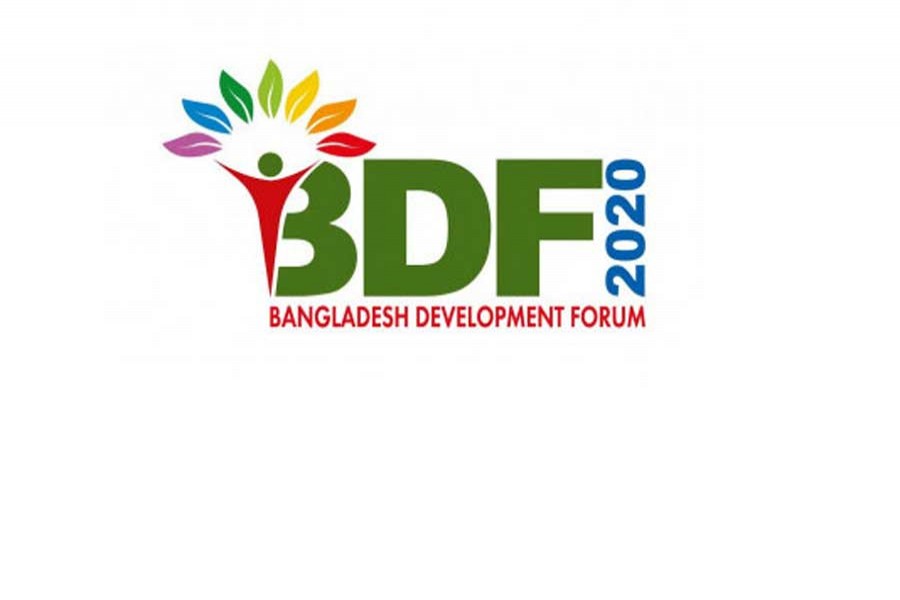Gone are the days when the country's finance ministers, accompanied by a large delegation of officials, would make their annual pilgrimage to Paris to attend the 'Aid Consortium' meetings and seek funds for bankrolling development projects. The Bangladesh Development Forum (BDF) replaced it in 2002 more as a consultative platform than as a consortium for direct aid pledging. The just concluded two-day BDF meeting proved again its usefulness, in terms of free and frank exchange of opinions on development issues by all the stakeholders
The latest BDF meeting was particularly important for the country as it would be needing a substantial volume of resources -- more than one trillion dollar -- to get its next five year plan (FYP) implemented. Against this backdrop, the government thought of sharing with its development partners major thrusts of the plan -- implementation due to start from next financial year -- and seek their support, financial or otherwise for it. The next FYP is very important in the context of the country acquiring the status of an upper middle income country status by 2031.
Formulators of the next FYP, the eighth one to be precise, however, estimate that two-thirds of the investment requirement would come from the private sector. The projection appears rational since the private sector remains the main engine of growth and it would continue to be so in the coming years. But the contribution of the private sector is not guaranteed here for a number of reasons. The private investment growth has remained almost stagnant in recent years and the inflow of foreign direct investment has also been disappointingly low compared to that of many other competing economies.
Under the prevailing circumstances, it would be foolhardy to expect the private sector making investments in accordance with the projection made in the next five-year plan. There has to be major changes in the situation on the ground to encourage the much-needed private investment. At the keynote session of the latest BDF meeting, both government policymakers, donors' representative and business leaders, as expected, raised a number of issues, including the country's ranking in the World Bank's ' ease of doing business' index and poor record in terms of transparency and accountability. The people concerned have been discussing these issues time and again without any notable change taking place on the ground.
The fact remains that some multilateral and bilateral donors would continue to make available certain amount of funds to help the process of development in a country like Bangladesh. It is quite apparent that the flow of funds would have been more had any major improvement been noticed in the country's investment situation. The shortcomings were in part ascribable to cluttered disbursement procedures and the failure to meet stipulated minimum target per year of assistance to developing countries. To a large extent though, implementation capacity in terms of quality and pace at our end is to blame. Ensuring changes and improvements have become all the more necessary in view of the country's graduation to a middle-income country status.
In addition to underscoring the need for removing the hurdles to investment and business operations, the development partners laid emphasis on addressing some urgent and important issues. Export diversification, creation of more employment opportunities, mobilisation of increased volume of domestic resources, disciplining the financial sector and mitigation of climate-related problems were among those. It is important that the government starts making sincere efforts to attend to all the issues highlighted at the latest BDF meeting at the earliest.


